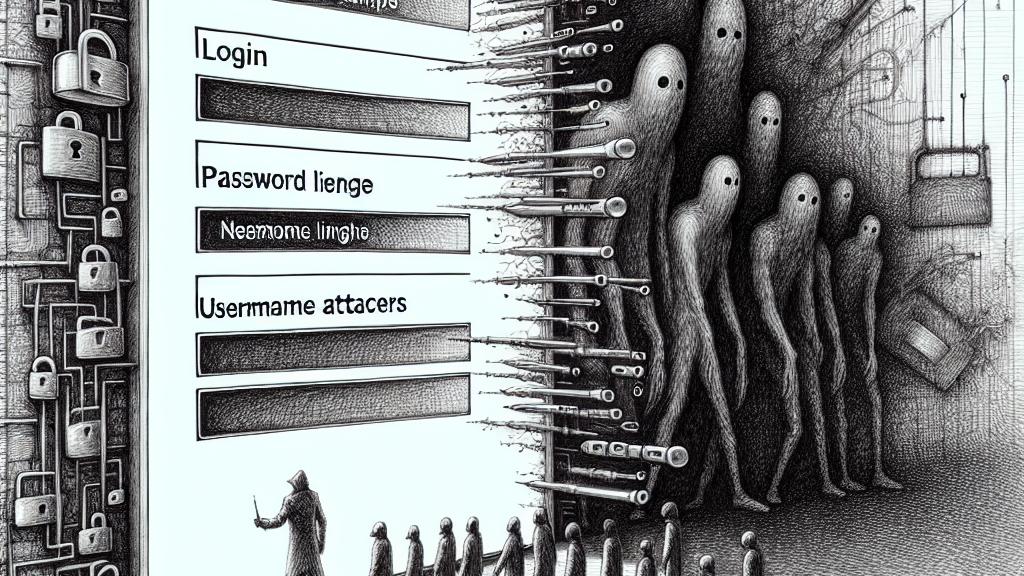Okta Reveals Vulnerability Allowing Login Without Password for Over Three Months
Overview
- Okta disclosed a significant security flaw impacting users with lengthy usernames.
- This critical vulnerability permitted unauthorized logins without a password for a stretch of three months.
- In response, Okta acted decisively to fortify their systems and enhance user safety.

Overview of the Incident
In a startling announcement, Okta, a renowned identity management firm based in the United States, brought attention to a serious security breach. From July 23 to October 30, 2024, users with usernames exceeding 52 characters found themselves in a precarious situation: they could log in to their accounts without needing to enter a password. This alarming flaw arose from a caching vulnerability in their AD/LDAP Delegated Authentication system. Visualize this scenario: potential attackers could easily exploit this oversight, which not only underscores the inherent risks of digital security but also raises questions about Okta's protective measures against unauthorized access.
Impact and Response
The fallout from this incident was profound, prompting immediate action from organizations worldwide. Many began a meticulous review of system logs, searching for unauthorized access that might have gone unnoticed. Upon uncovering the issue on October 30, Okta sprang into action, transitioning from the Bcrypt hashing algorithm to the more secure PBKDF2. This change was critical in addressing the vulnerability. Additionally, the implementation of multi-factor authentication (MFA) served as a valuable safeguard, shielding users who employed this defense against the potential breach. However, the event serves as a stark reminder of the critical need for organizations to remain proactive in enhancing their cybersecurity protocols and not to become complacent amidst evolving threats.
Lessons Learned and Recommendations
This incident illuminates the pressing vulnerabilities associated with conventional password management systems and the dire need for reform. As organizations navigate this treacherous landscape, adopting passwordless authentication systems emerges as a promising solution. Industry leaders, such as Microsoft, exemplify this shift, leading the way toward a future devoid of traditional passwords. Security experts advocate for robust MFA protocols, continuous monitoring of account activities, and the immediate response to suspicious behaviors to avert potential breaches. Ultimately, this critical security episode highlights a fundamental truth for all businesses: embracing innovative security solutions is not merely advantageous but absolutely essential to protect sensitive user information and foster trust in an increasingly digital world.

Loading...